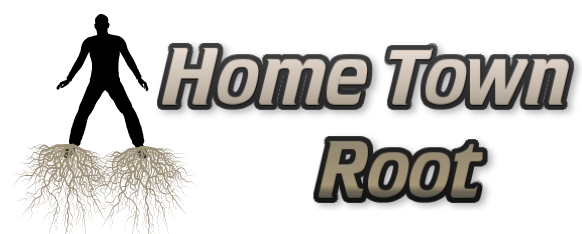Squatters’ rights have always been a topic of conversation, but in recent years, interest has surged. More individuals, policy analysts, and property owners are watching how these rights are being used, especially in Maryland. With property values rising and affordable housing shortages across the state, understanding how squatters rights in maryland could impact future property ownership is crucial. This trending phenomenon has both immediate and long-term benefits that might surprise investors, homeowners, and community planners alike.
Introduction to Squatters’ Rights in Maryland
Squatters’ rights, also known as adverse possession, allow individuals occupying a property without legal permission to eventually claim ownership under certain circumstances. While this idea sparks controversy, its structured mechanisms serve unique purposes in Maryland’s legal landscape. People following housing trends and statistics are taking notice of how these laws may offer benefits for communities and individuals open to new ownership models.
This article explores only the benefits of squatters’ rights in Maryland, focusing on statistical trends and how these provisions could influence the future of property ownership.
Understanding the Basics of Squatters’ Rights
Anyone interested in housing trends or property statistics should know what qualifies as a squatter and how the adverse possession process unfolds. Typically, a squatter must live on the property in an open, continuous, and notorious manner for a set period (often 20 years in Maryland). There are formalities, such as paying property taxes and ensuring visibility of occupation, but the core idea is simple. If these conditions are met, the squatter can claim ownership through legal channels.
This right did not emerge by accident. It originated as a way to maximize land use and address properties that have fallen into neglect. For those examining patterns in homeownership and property use, squatters’ rights are a fascinating indicator of how the real estate market is evolving.
Key Benefits of Squatters’ Rights for Maryland Communities
Reducing Abandoned Properties
Abandoned homes can become magnets for crime and lower the value of entire neighborhoods. Squatters’ rights serve as an incentive for people to occupy and care for vacant properties that might otherwise deteriorate. Over time, these spaces turn into livable homes rather than urban blight, improving safety and stability in the community.
Encouraging Community Revitalization
Trends show that neighborhoods with active ownership or long-term occupants tend to experience less property degradation and more investment. Squatters willing to maintain a property for many years are more likely to invest time and resources into repairs, landscaping, and even minor renovations. This personal investment helps revitalize communities and strengthens local pride.
Increasing Property Tax Revenue
Property occupied by squatters under adverse possession often ends up back on municipal tax rolls. When a squatter assumes responsibility for taxes on a neglected property, it results in increased revenue for local governments. This added revenue supports municipal services ranging from public schools to roadway maintenance.
Boosting Affordable Housing
Housing affordability is a pressing concern in Maryland. Allowing individuals who might not otherwise qualify for homeownership a path to claim property increases the options available for affordable housing. With population and housing data showing significant need, squatter occupation can fill gaps left by traditional housing markets.
Decreasing Legal Burdens on Courts
Traditional eviction and foreclosure proceedings can clog legal systems and create high costs for all parties involved. When adverse possession is used, it can resolve disputes outside of lengthy legal battles, freeing up court resources for other pressing issues. This statistical trend suggests potential savings for both the government and the public.



